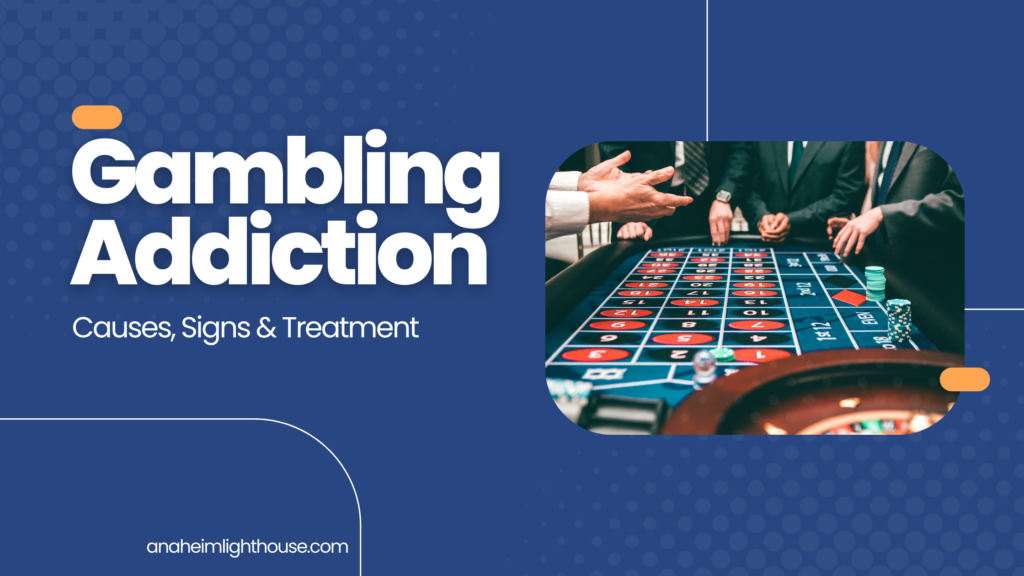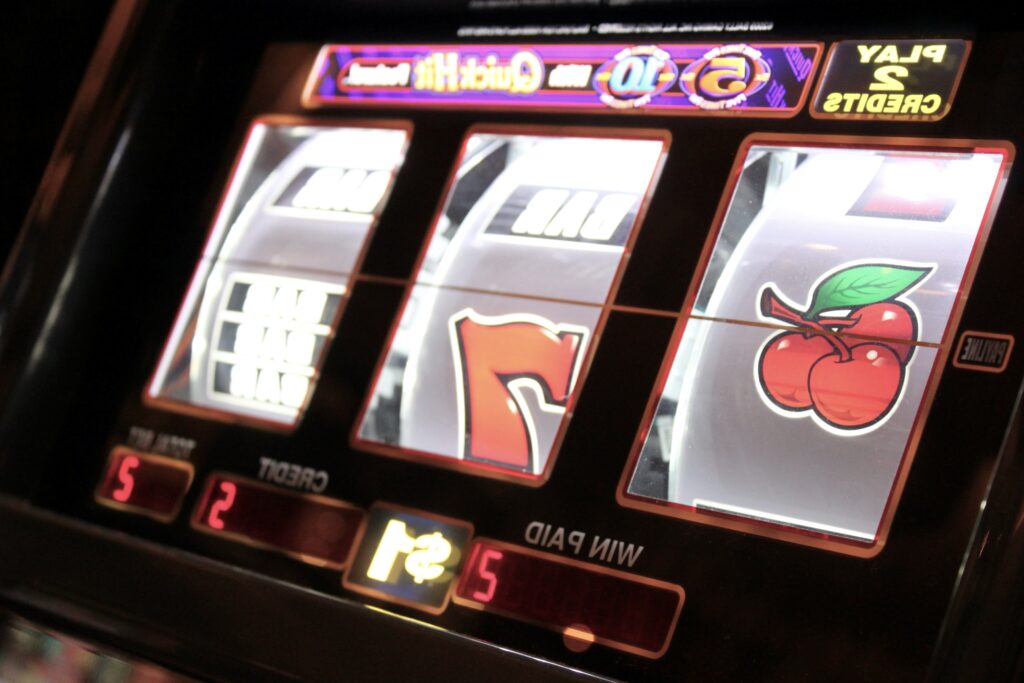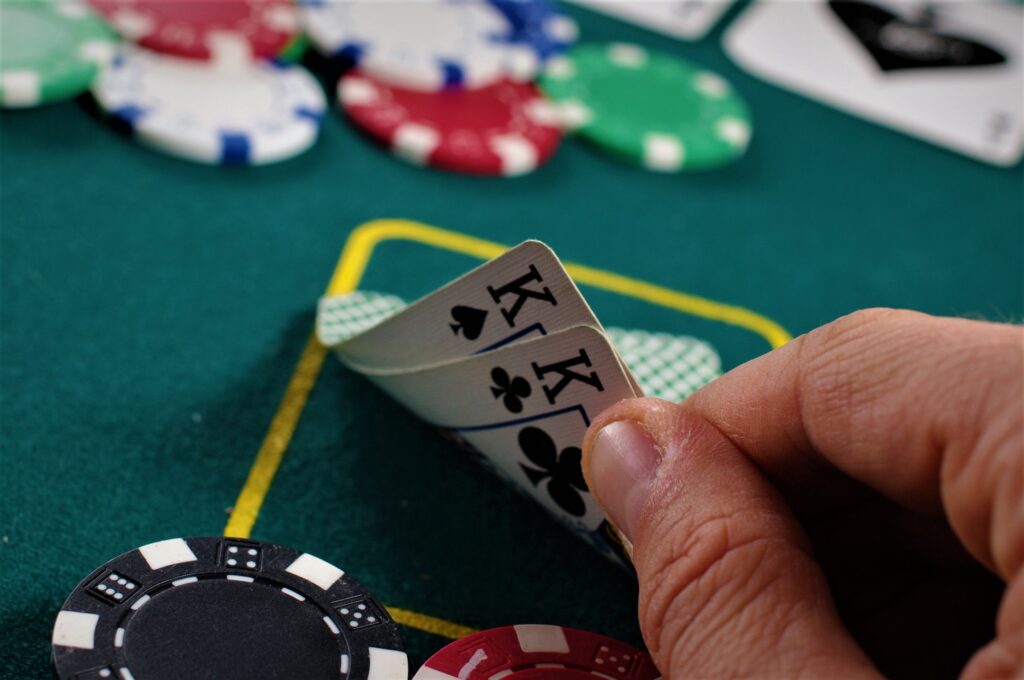Gambling Addiction: Causes, Signs & Treatment
No one wakes up one morning and decides to flush his or her hard-earned money down the proverbial drain, but unfortunately such is the case with gambling addiction. This insidious habit is an impulsive control disorder that often starts as an “innocent” activity only to turn into a full-blown compulsion in which a person forgets the negative effects associated with it.
Gambling addiction also goes by the name pathological, compulsive, or gambling disorder. Gambling addiction is a disorder that makes people keep gambling even when it causes harm to their life. This addiction has the same characteristics as alcoholism and substance abuse, which can lead to brain disorders such as depression, anxiety, and stress.
Gambling Statistics in the United States
Some people might be surprised to hear this, but only a small number of people develop a gambling addiction. Research shows that men are more likely to develop the disorder than women. People who have a gambling addiction also tend to be in poor health and are most likely struggling with depression and loneliness.
Check out the following statistics:
- There was a reported 10 million people who were struggling with compulsive-gambling disorders in 2016
- At least 15% of the general population gambles once a week
- Teenagers are 2 to 3 times more likely to develop a gambling addiction than adults
- 40% of compulsive gamblers started at the age of 17 years or younger
- About 6% of college students have a gambling problem
- A reported 4% of total gambling addiction takes place in Nevada

The Causes of Gambling Addiction
While there is no single cause for acquiring this behavioral disorder, factors such as environment, biological, substance abuse, and psychological factors contribute to the progression of this addiction.
There is strong evidence showing that gambling runs in families, meaning an individual with a familial relationship with a compulsive gambler is 8-times more likely to develop the disorder.
Additionally, other related studies also suggest that problem gambling has environmental associations and when teenagers are exposed to gambling may develop the disorder later in life.
Here are factors that mainly contribute to the development of gambling addiction:
Financial Need
People become addicted to gambling because it seems like an easy way to make money. But if left unchecked, the addiction can cause a lot of damage to a person’s financial, domestic, and work life.
The Thrill And Social Interaction
People who gamble use skills like analysis, psychology, and intuition. They also enjoy the thrill of winning against their competition. Like all addictions, gambling gives them a feeling of excitement and being smarter than other people. Gambling also provides social interaction and a sense of belongingness, which encourages this behavior.
Influence
People who are exposed to gambling and gambling activities are more likely to get addicted to it. This is because at first, it may seem like an innocent curiosity. But later on, the person may get emotionally drained and compulsively keep gambling. This is because they become used to the feeling of reward and thrill that comes with gambling.
Substance Abuse
Some studies support the connection between substance abuse and gambling addiction since many individuals struggling with compulsive gambling disorder also report having issues with alcohol or drug use. People who have a substance abuse disorder often feel a stronger high when they gamble. This is because of the adrenaline rush they get from gambling. In addition, most people with a substance abuse disorder need to have extra money to buy drugs or alcohol, so they turn to gamble as a way to make money.
Depression
Some people gamble because it gives them a thrill. But for some people, gambling is a way to escape from their problems. This is especially true for people who are depressed because of money troubles. Gambling can also seem like a quick way to solve all your financial problems.
The Most Common Signs of Gambling Addiction
Here is what to look out for in a person struggling with compulsive gambling disorder:
- Hiding and lying about their gambling activities
- Obsessively thinking and talking about gambling
- Inability to control gambling habits without success consequently spends more money and time on the destructive behavior
- Gambling more to win back the losses
- Feeling restless and irritable when not engaging in gambling activities
- Gambling even without enough money to bet and often resorting to borrowing, stealing fraudulent behavior to get gambling money
- Experiencing financial trouble because you gambled the money away
- Neglecting responsibilities, relationships, work opportunities, and school because of gambling
- Gambling to “escape” life problems
The Adverse Effects of Gambling Addiction
Unlike being addicted to alcohol or drugs, gambling may not result in physical dependence, but it could damage a gambler’s finances, relationships, hopes, dreams, etc.
1) Physical Effects
People struggling with compulsive gambling tend to neglect their health due to the development of depression and anxiety as a result of frequent losses. The person becomes too focused on getting back financial losses which leads to poor general health with negative physical negative impacts like:
- Weight loss or gain
- Pale skin including related conditions from lack of sleep such as acne
- Hypertension
- Heart problems
- Ulcers
2) Social Effects
Compulsive gambling also impairs the gambler’s social communication skills, particularly with families and friends. Here are examples of how addiction impacts a person’s social life:
- Their relationship with family and friends becomes non-existent because the only time they need them is only for bailouts
- Individuals struggling with this addiction more often than not resort to verbal and physical abuse to get their way
- A reported 23% of spouses and 17% of children experience physical and verbal abuse from family members with compulsive gambling disorder
- About 24% of divorce cases stem from partners with gambling problems
3) Economic Effects
The most profound economic impacts of gambling are felt by the gambler and as far as the country is concerned, gambling delivers a positive impact as more tax revenue is collected.
Additionally, the gambling industry brings progressive tourism, and appraisal of real estate values, including job creation in casinos and gambling establishments.
Nevertheless, despite those benefits, gambling addiction delivers some negative economic impacts to the gambler which include but are certainly not limited to the following points:
- Falling into debt and bankruptcy
- Experiences poor health
- Poor work performance, which leads to job loss and financial instability
4) Behavioral Effects
Pathological gambling has several consequences that are unique to a gambler and may lead to the following behavioral consequences:
- Increased levels of, stress, anxiety, and depression
- Feelings of deep guilt and shame
- Becoming deceptive and a pathological liar
- About 1 to 3% of the total gambling population develops mental disorders such as bipolar and schizophrenia
- Gamblers present impulsive decision-making trait
- They have a higher risk of developing problems with drinking, smoking, and drug use disorders
- Up to 20% of individuals with a gambling addiction will most likely resort to suicidal behavior or have suicidal ideations
Is There Treatment for Gambling Addiction?
There is no one-size-fits-all gambling treatment, however, there are specialized and integrated treatment programs that focus on addressing co-occurring disorders such as gambling and anxiety, gambling and depression such as gambling and anxiety, or gambling and depression.
Gambling addiction is often progressive therefore, action must be taken as soon the signs of the disorder start showing.
Consider the following treatment strategies:
1. Anxiety and depression disorders often worsen gambling addiction tendencies, therefore, treating them may help one break the addiction cycle
2. Get involved in positive recreational activities like cycling, jogging, reading, meditating, doing yoga, etc. to help curb stress and boredom
3. Join support groups to get meaningful advice and insights from people who share the same problem
4. Attend Cognitive Behavioral Therapy sessions to help you identify and cope with specific life triggers
5. Consider professional help that can help you learn more about your condition including how to respond to challenging gambling triggers with healthy coping skills


